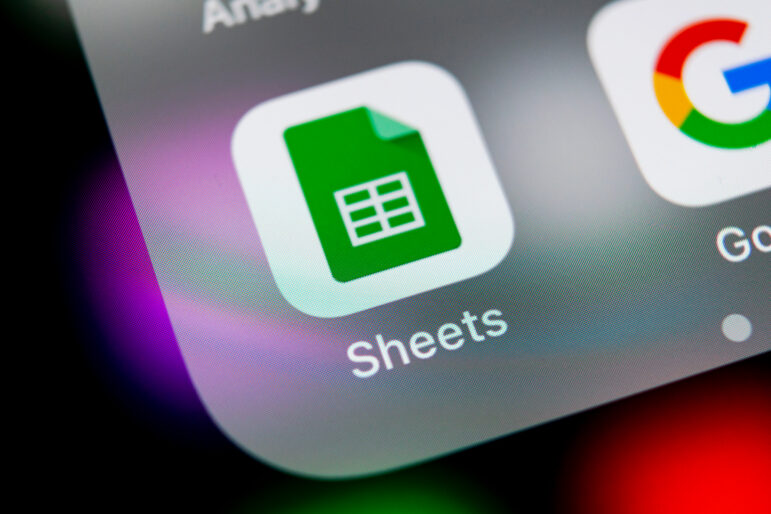
Reporting Tools & Tips
Reporting Tips from an Investigative Journalist of 50 Years
UK veteran investigative journalist Martin Tomkinson shared stories from London’s Fleet Street newspaper heyday and tips for up-and-coming investigative reporters.

UK veteran investigative journalist Martin Tomkinson shared stories from London’s Fleet Street newspaper heyday and tips for up-and-coming investigative reporters.

At IRE24, investigative reporter Jeremy Jojola shared his practical advice on how to use ChatGPT for contact searches and quick document analysis.

A recent IRE conference panel focused on new money laundering strategies that make hiding illicit assets increasingly difficult to track.

The longtime host of the BBC’s beloved interview show, Desert Island Discs, reveals how she disarms poets and politicians alike.

At a Dataharvest 2024 panel, three well-established investigative reporters spoke about their past mistakes, failures, and other errors that almost cost them a story.

There is a treasure trove of compelling visual evidence out there that is going unused by many watchdog journalists. Here’s how to find it.

A Pulitzer Center toolkit for illegal, unreported, and unregulated (IUU) fishing, which impacts marine ecosystems, coastal communities, food security, and human rights.

A new wave of investigative health journalism is exposing deadly misinformation, turning complex data into accessible truths that can save millions of lives.

Accessing information from isolated nations like North Korea is difficult. Cutting-edge AI tools now enable efficient analysis of foreign language video broadcasts.

Small newsrooms need to focus on the importance of data use more than ever — but they often face numerous hurdles, including a lack of funding and limited human resources.

A Mongabay senior editor shares tips for unlocking the full capabilities of Global Forest Watch, a free-to-use online platform that she says has been instrumental in her reporting.

The 2024 Goldman Environmental Prize went to a multi-year exposé tracing the connection between meat sold in Western supermarkets and illegal deforestation in Brazil.

The portrayal of journalists on film over the years has helped instil an understanding of what journalism is and what reporters do. Here are some of our favourites from around the world.

While democratic nations around Africa are watching South Africa’s general election, local journalists are gearing up for a potentially chaotic two weeks after the polls close.

Investigative journalists who have gone undercover in Nigeria, Ghana, Liberia, Cameroon, and Kenya share advice and practical tips.

Knowing how to use spreadsheets is a crucial skill, as it allows you to find potential stories in large amounts of data and to think critically about how to use it.

AI is revolutionizing the spread of falsehoods. But can this technology also be used to help debunk disinformation campaigns?

At the 2024 NICAR conference, data experts grappled with the broader question of when and how AI is appropriate to use in newsrooms.

Environmental reporters share tips for unraveling the mysteries behind carbon credit projects and government ties to the fossil fuel industry.

Tips from a workshop on how journalists and media outlets can better use YouTube in their election coverage.

Taiwan’s recent experience during its 2024 election cycle offers useful lessons for journalists and democracy defenders elsewhere — as well as some much-needed hope.

Four reporters share how they investigated extreme abuses of power at Mississippi sheriff’s offices and offer tips to help other journalists do similar work.

Environmental journalists should check out the new database tool Spill Tracker, but should also bookmark these other resources for reporting on hazmat events.

At a recent panel at the 2024 NICAR conference, Karrie Kehoe, deputy head of data and research at ICIJ, offered a series of tips for investigating the true owners of shell companies.

Investigations into what happens on, under, and around the ocean can often be answered thanks to the vast amount of data available online.

There can be confusion among journalists about “mass shootings” data, which leads to wildly different numbers and deeper confusion among audiences.

GIJN highlights some new, free investigative tools on fact checking, topic briefing, and journalist privacy that were the subject of significant interest in the hallways at the 2024 NICAR conference.

GIJN’s global team spoke with women investigative journalists about their election coverage best practices.